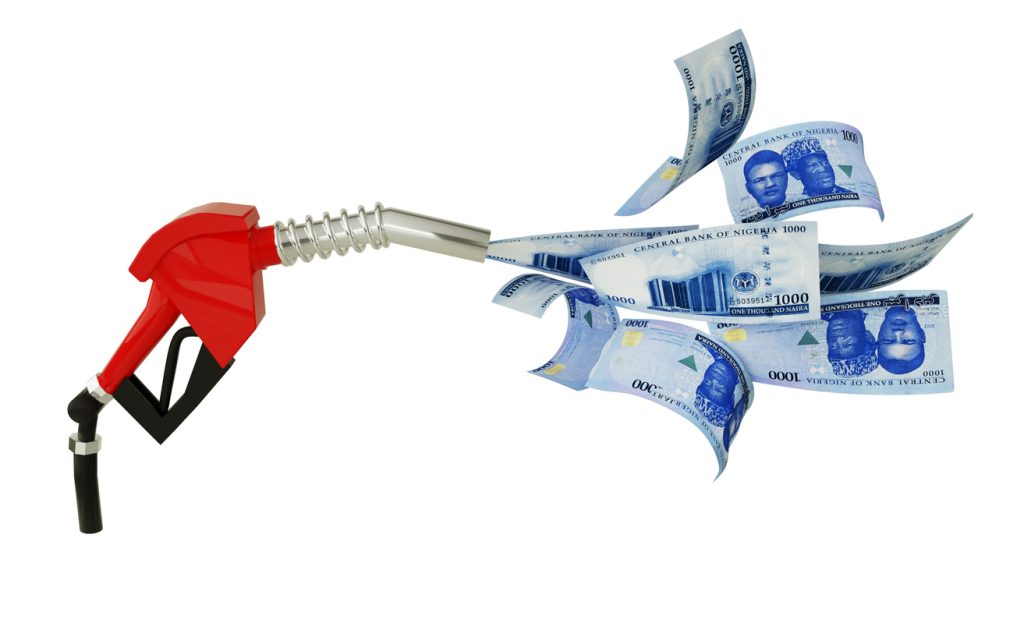Fuel prices in Nigeria are seeing notable changes amid growing competition between major marketers and shifting global oil market dynamics. Here’s a breakdown of the latest pump prices across the country.
🛢️ Current Petrol Prices in Nigeria
- NNPC Retail Stations: ₦890 per litre
- Dangote Refinery-Affiliated Marketers: ₦885 per litre
- Independent Marketers: ₦700–₦880 per litre (depending on region)
In some states, prices can rise as high as ₦950 to ₦1,200 per litre due to logistics costs, depot access, and state-level factors.
📊 Price Comparison Table
| Provider | Petrol Price per Litre (₦) |
|---|---|
| NNPC (national average) | 890 |
| Dangote Refinery-affiliated stations | 885 |
| Independent marketers (regional) | 700–880 |
| High-cost regions (e.g., SE, NE) | 950–1,200 |
🌍 Why Fuel Prices Vary
- Deregulation: Since subsidy removal in 2024, petrol prices now align with market forces.
- Depot Competition: Dangote-affiliated marketers have spurred a price war, leading to reductions by NNPC and others.
- Logistics & Transport Costs: Fuel prices are affected by distribution distance, security, and infrastructure.
- Crude Oil Prices & Exchange Rates: Nigeria’s fuel import costs depend heavily on global markets.
📈 Impact on Consumers and Businesses
- Commuters: May see savings at NNPC and Dangote-affiliated stations.
- Logistics Firms: Must adjust budgets and pricing models based on daily fluctuations.
- Retailers and Traders: Fuel price shifts affect transportation and supply chain timelines.
🚚 Travo.ng and Fuel-Efficient Logistics
Travo.ng helps businesses and individuals navigate fuel price volatility by offering:
- Smart delivery route planning
- Integrated fuel management tools
- Access to vetted logistics partners
- Transparent pricing to manage costs effectively
✅ Final Thoughts
As of July 2025, petrol in Nigeria averages ₦885 to ₦890 per litre, with broader regional pricing from ₦700 to ₦1,200. For businesses and commuters alike, monitoring trends and leveraging tools like Travo.ng is essential for staying efficient and cost-conscious in Nigeria’s evolving fuel market.







